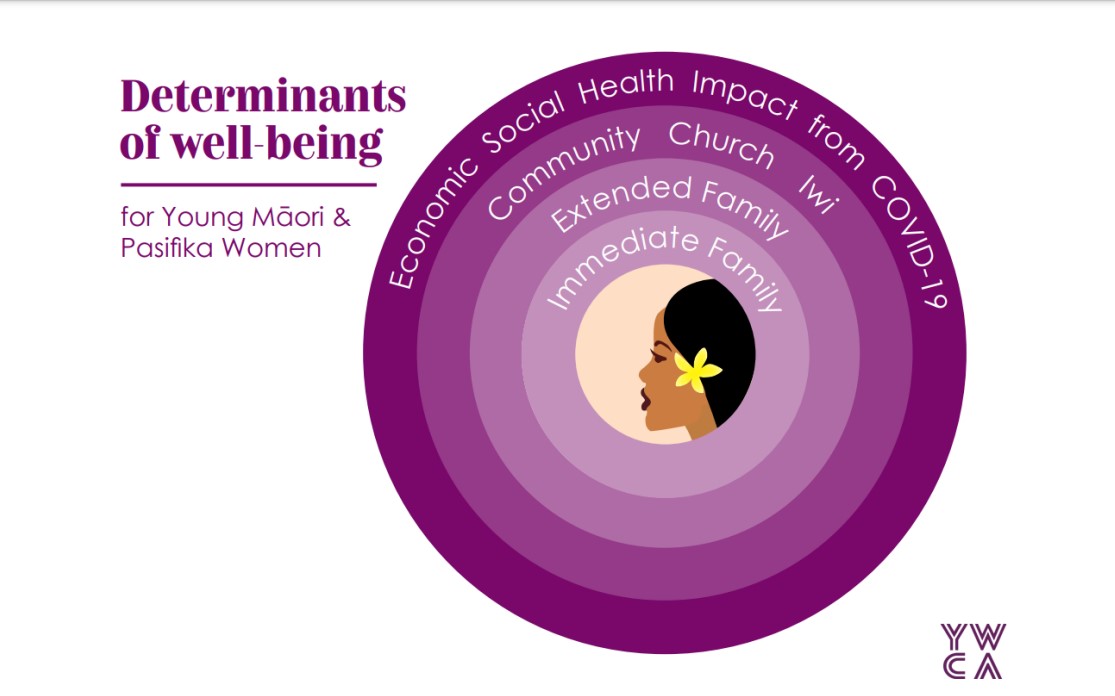New Zealand should intensify efforts to eliminate female genital mutilation by 2030: the views of women from communities that practice FGM/C
Abstract
In 2016 UNICEF reported on the continuing scale and persistence of female genital mutilation globally, currently known as female genital mutilation/cutting (FGM/C), and the need to intensify efforts to eliminate the practice. New Zealand has made provision for communities in preventing FGM/C through legal and educational means. Yet, the challenge continues.
The purpose of this paper, drawing on the voices of women from FGM/C practicing communities in New Zealand, is to consider areas where the health system can partner with affected communities to better help in preventing FGM/C. New Zealand needs to intensify efforts locally working hand-in-hand with refugee and migrant communities to promote open dialogue, counter stigma, and prevent the next generation for a life without FGM(C). In addition, training for key workers in culturally sensitive approaches is needed so that they can take better care of those who are living with FGM/C. New Zealand is a signatory to a number of international instruments and conventions that call for an end to FGM/C: such as the Universal Declaration of Human Rights and The Convention on the Rights of the Child (CRC), and more recently the Sustainable Development Goals (SDGs). As such, it has a responsibility to at least address the issue locally; and preferably provide an example of excellence globally so that FGM/C is eliminated rapidly.
Copyright (c) 2018 Pacific Health

This work is licensed under a Creative Commons Attribution-NonCommercial 4.0 International License.


